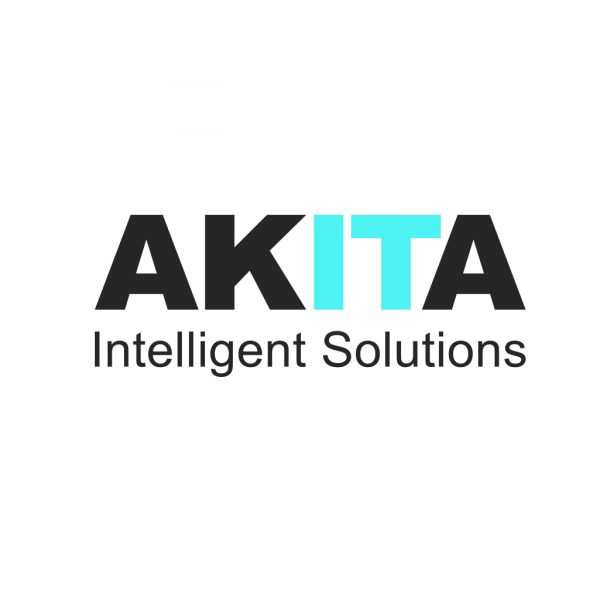The oil and gas sector operates across a uniquely complex value chain. From exploration and production to refining and distribution, each stage requires precise coordination, real-time insight, and agile decision-making.
Traditional, siloed systems have long made this difficult—creating delays, inefficiencies, and blind spots in performance data.
Microsoft Dynamics 365 for the energy sector addresses these challenges by providing an integrated digital framework that connects finance, operations, assets, and people. Combining the power of cloud technology, IoT, and AI-driven analytics, Dynamics 365 enables energy companies to operate with greater agility, predictability, and control across the entire value chain.
Optimising upstream operations: from exploration to production
Upstream operations involve some of the most data-intensive and risk-sensitive activities in the industry. Exploration, drilling, and extraction require tight coordination between on-site teams, engineering departments, and financial controllers. Dynamics 365 for the energy sector brings these elements together in one connected environment.
With Dynamics 365 Field Service, operators can manage and monitor assets remotely, supported by IoT data and predictive analytics through Azure. Equipment health and performance are tracked in real time, allowing maintenance teams to address potential faults before they cause costly downtime.
At the same time, Dynamics 365 Project Operations provides transparency across exploration and drilling projects, linking budgets, resources, and timelines to actual performance data. Combined with Dynamics 365 Finance and Power BI, leadership teams gain a clear understanding of project ROI, production trends, and cost efficiency.
This integration helps energy companies move from reactive management to predictive operations—improving safety, reliability, and profitability in the field.
Streamlining midstream operations with integrated intelligence
Midstream operations—focused on the transportation, storage and marketing of crude or refined products—demand reliability, transparency, and strong logistics management. Microsoft’s business applications provide the integration needed to manage these moving parts efficiently and safely.
Dynamics 365 Supply Chain Management helps track the movement of hydrocarbons through pipelines, terminals and storage facilities, linking operational data with financial systems to create full visibility of throughput and asset performance. Integration with Azure IoT enables continuous monitoring of pipeline pressure, flow and temperature, ensuring early detection of leaks or anomalies.
For midstream logistics, Dynamics 365 Project Operations and Power Automate streamline scheduling, contractor coordination and document control. Power BI dashboards consolidate data from multiple sources, offering real-time insight into transportation volumes, maintenance activity and safety metrics.
The ability to unify operations, financials and compliance data allows midstream operators to make faster, evidence-based decisions—improving capacity management, reducing downtime, and enhancing environmental oversight.
Modernising downstream energy operations
Refining, processing, and retail operations sit at the intersection of production efficiency and market demand. Dynamics 365 for the energy sector enables downstream businesses to operate with precision, flexibility, and customer focus.
Dynamics 365 Supply Chain Management provides live visibility into refining operations, linking production planning with quality control and distribution. This ensures that output aligns with both demand forecasts and cost models. Integrated analytics through Power BI allow managers to monitor performance metrics—such as yield efficiency, energy consumption, and turnaround times—in real time.
For commercial and retail divisions, Dynamics 365 Sales and Customer Insights deliver advanced customer engagement capabilities. These tools enable predictive sales forecasting, contract management, and customer service automation, helping downstream companies strengthen relationships and enhance profitability.
By connecting operational data with financial management through Dynamics 365 Finance, energy organisations can align production costs, margin analysis, and revenue forecasting with exceptional accuracy—turning insight into sustainable performance gains.
Connecting the energy value chain with Dynamics 365
The greatest advantage of Dynamics 365 for the energy sector lies in its ability to unify the entire value chain within a single, secure cloud ecosystem. Upstream, midstream, and downstream processes no longer operate in isolation—data flows seamlessly between systems, departments, and locations.
The Power Platform (including Power BI, Power Apps, and Power Automate) extends this integration further, allowing energy companies to digitise manual workflows, automate reporting, and build custom applications that align with their unique operational requirements.
Azure IoT Hub enhances this connected infrastructure by linking physical assets to digital intelligence, enabling true predictive maintenance and performance optimisation. With AI-driven insights and real-time data visualisation, leadership teams can manage operations proactively rather than reactively.
This unified approach provides measurable business outcomes:
-
Reduced downtime through predictive maintenance
-
Improved asset reliability and lifecycle management
-
Enhanced compliance and safety through automated monitoring
-
Increased operational transparency across global sites
-
Faster, evidence-based decision-making supported by real-time analytics
Supporting sustainability and safety in the energy transition
As energy companies face growing pressure to decarbonise, Dynamics 365 provides the digital foundation to monitor, report, and improve sustainability performance. IoT-enabled sensors track emissions and energy consumption, while Power BI dashboards present environmental data aligned with ESG frameworks.
Through integration with Dynamics 365 Human Resources, organisations can also strengthen their safety and training programmes, ensuring compliance and competency across all operational levels. This creates a proactive safety culture supported by data-driven oversight.
Microsoft’s cloud infrastructure further supports environmental goals through scalable, energy-efficient data processing—helping the energy sector achieve both operational excellence and sustainable growth.
Dynamics 365 For The Energy Sector: Building a future-ready energy enterprise
The global energy landscape is shifting rapidly. Market volatility, evolving regulation, and the rise of renewables are forcing companies to rethink their business models and technology strategies. Dynamics 365 for the energy sector provides a platform capable of adapting to this transformation—offering the agility, intelligence, and integration that modern operations demand.
By connecting people, processes, and data, Dynamics 365 enables energy organisations to innovate confidently, operate efficiently, and compete sustainably. From field operations to financial strategy, it delivers a unified digital backbone for the next generation of intelligent energy enterprises.





